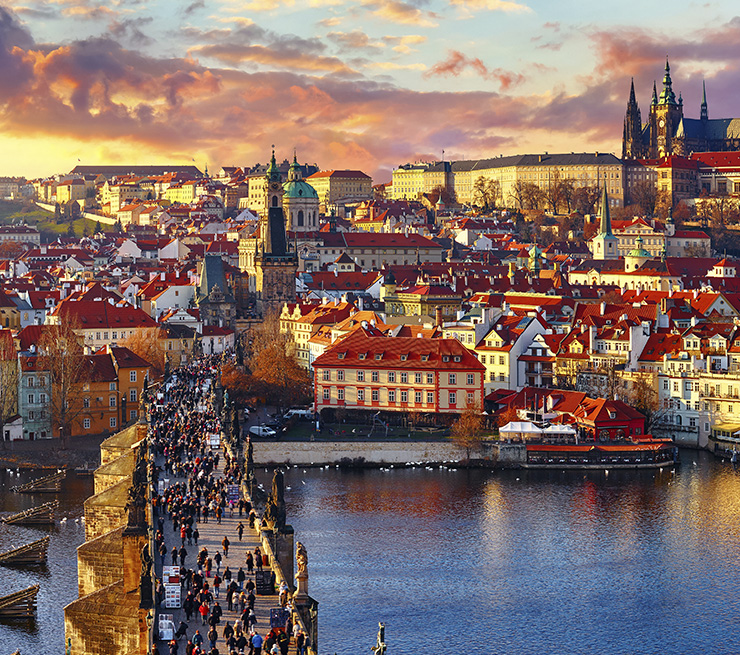COURSE DETAIL
This course examines the ongoing global challenge of anthropogenic climate change and the science/data behind it, as well as local, regional and international policy in response. Students study the fundamental science of climate and why it is changing. They investigate climate change drivers and their synergies mechanistically and empirically. Students apply scientific theory and supporting evidence to analyze links between climate change and environmental changes, including changes to major biogeochemical cycles, fire intensity/frequency, species loss, sea level rise and more. Students also explore adaptation and mitigation of climate change in a cross-cultural context.
COURSE DETAIL
This course explores the diverse life forms and ecosystems of the world's oceans and coastal regions. It covers the biology, behavior, and ecological roles of marine organisms, from microscopic plankton to large marine mammals. Key topics include marine biodiversity, oceanography, and the complex interactions that sustain marine ecosystems. The course also addresses the impact of human activities, such as pollution and overfishing, on marine life, as well as current issues in marine conservation and the sustainable management of marine resources. Students gain a comprehensive understanding of the importance of preserving ocean health and the challenges facing marine environments today.
COURSE DETAIL
This course critically explores principal drivers behind the erosion of natural capital and resilience of ecosystems in light of them. Students take a solutions-based approach for how best to deal with habitat transformation, biodiversity loss, climate change, overexploitation of natural resources and contamination. Solutions incorporate a biological understanding of local and global impacts, drawing from the physical and life sciences, and extend it to actual and potential political, economic, and socio-cultural instruments appropriate and effective to address threats and changes to global biodiversity and ecosystem health.
COURSE DETAIL
This course introduces the concept of organizational behavior exploring the individual, group, and organizational dynamics within the workplace. The course provides a comprehensive understanding of the factors which influence human behaviors in organizations, and how these behaviors impact individual and organizational outcomes. Through exposure to a combination of theoretical concepts, real-world case studies, and practical applications, the course develops valuable insights and skills to effectively navigate the complexities of the modern workplace. The course is based on readings and case studies of companies around the world, with special attention to regional, national, and global contexts.
COURSE DETAIL
The Czech Republic is known for its rich cultural heritage, and its cuisine is an integral part of its identity. This course examines the historical, cultural, and social influences that have shaped Czech cuisine, and how this cuisine reflects the country’s culture and values. In addition to exploring the traditional Czech cuisine, its ingredients, and the methods used in preparing them, the course analyzes their nutritional value and impact on the overall health of the population, looks into recent food and consumption trends, food marketing, tourism, and sustainability. Throughout the course, students engage in critical thinking and analysis, as well as hands-on activities such as food preparation and field trips.
COURSE DETAIL
This course examines the philosophical foundations and basic principles of ethics as they apply to businesses and the environments in which they operate. Real-world case studies are used to provide students with insight into how businesses and organizations manage - and in some cases fail to manage - challenging ethical and moral dilemmas. It also considers the particular responsibilities of business leaders in fostering ethical awareness and practices within the corporate context.
COURSE DETAIL
COURSE DETAIL
This course focuses intensely on films of the Visegrad region - Czech, Slovak, Hungarian, and Polish - long known as an artistic and intellectual island within the greater European sphere. Although ravaged by war, foreign occupation, and totalitarian governments for much of the last few centuries, the Visegrad countries have managed to survive and often thrive as centers of culture and artistic experimentation. This course focus on films from four of the largest cultural groups in the Visegrad region with the goal of examining how this region’s history has impacted its culture by looking at the four regions’ responses to identity, war, and domestic social problems. In addition to focusing on film theory, the course also discusses cultural history and media theory, learning approaches to “reading” films not only as movies, but also as multi-faceted cultural artifacts. To this end, readings contain primary source materials on cinema history, historical research, film theory, and literature intended to broaden our understanding of the various cultures, visual and otherwise, which inform cinema creation in this part of Europe.
Pagination
- Page 1
- Next page


